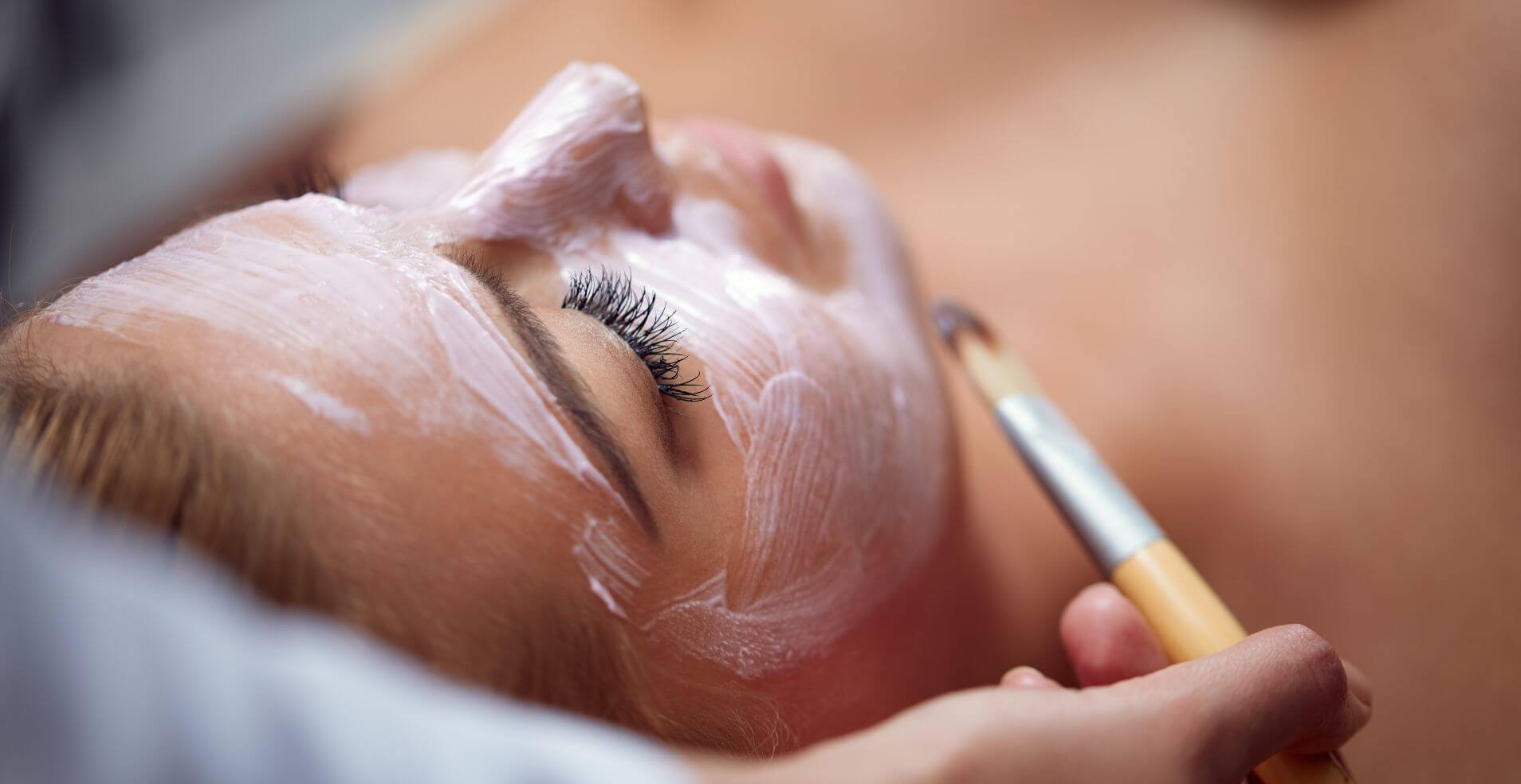Chemical peels are a popular cosmetic procedure used to improve the appearance of the skin by removing the outer layer of dead skin cells. After undergoing a chemical peel, it is essential to take proper care of your skin to avoid any complications and achieve optimal results. In this article, we will discuss the do’s and don’ts of chemical peel aftercare to help you take care of your skin and avoid any potential risks.
Do: Follow Your Dermatologist’s Instructions
After undergoing a chemical peel, your dermatologist will provide you with specific instructions on how to take care of your skin. It is crucial to follow these instructions precisely to ensure that your skin heals correctly and that you achieve optimal results. Your dermatologist may recommend that you avoid direct sunlight, use a specific moisturizer or sunscreen, and avoid certain skincare products.
Don’t: Pick or Peel Off Your Skin
One of the most important things to remember after undergoing a chemical peel is not to pick or peel off your skin. Your skin will naturally peel off as it heals, but it is essential not to force the process. Peeling or picking off your skin can cause scarring, hyperpigmentation, and infection, which can negatively affect your results.
Do: Keep Your Skin Hydrated
After undergoing a chemical peel, your skin may feel dry and flaky. It is essential to keep your skin hydrated by using a gentle moisturizer recommended by your dermatologist. Hydrated skin can help improve the healing process and reduce the risk of complications.
Don’t: Use Harsh Skincare Products
During the healing process after a chemical peel, it is crucial to avoid using harsh skincare products that can irritate or damage your skin. Avoid products containing retinoids, glycolic acid, or salicylic acid, as they can cause further irritation and damage to your skin. Instead, use gentle, non-comedogenic skincare products that are recommended by your dermatologist.
Do: Wear Sunscreen
Protecting your skin from the sun is essential after a chemical peel. Sun exposure can cause hyperpigmentation, scarring, and other complications that can affect your results. It is recommended to use a broad-spectrum sunscreen with an SPF of at least 30 and to reapply it every two hours or after sweating or swimming.
Don’t: Expose Your Skin to Heat
After undergoing a chemical peel, it is crucial to avoid exposing your skin to heat. Heat can cause further irritation and damage to your skin, leading to complications such as hyperpigmentation and scarring. Avoid hot showers, saunas, and steam rooms until your skin has fully healed.
Do: Be Patient
After undergoing a chemical peel, it is essential to be patient and give your skin time to heal. The healing process can take several days to several weeks, depending on the type of chemical peel you underwent. It is crucial to follow your dermatologist’s instructions and be patient during the healing process to ensure that you achieve optimal results.
In conclusion, chemical peels are an effective way to improve the appearance of your skin, but proper aftercare is crucial to avoid complications and achieve optimal results. Remember to follow your dermatologist’s instructions, keep your skin hydrated, wear sunscreen, and avoid harsh skincare products and heat. By following these do’s and don’ts of chemical peel aftercare, you can ensure that your skin heals correctly and that you achieve the best possible results.
